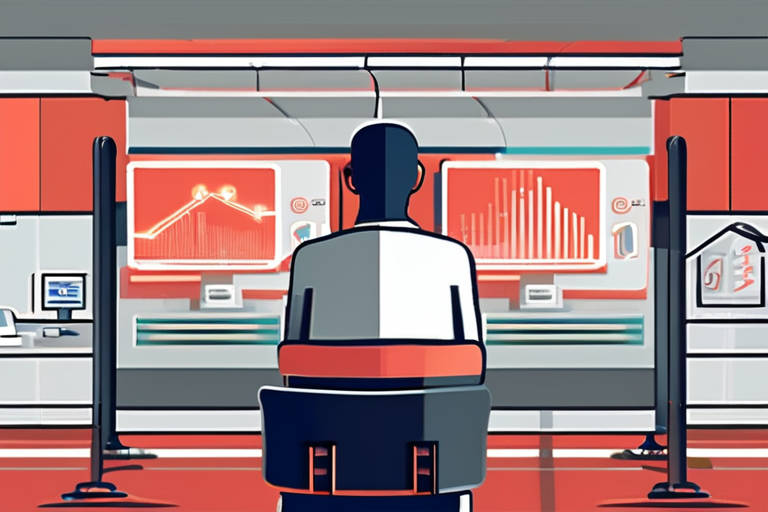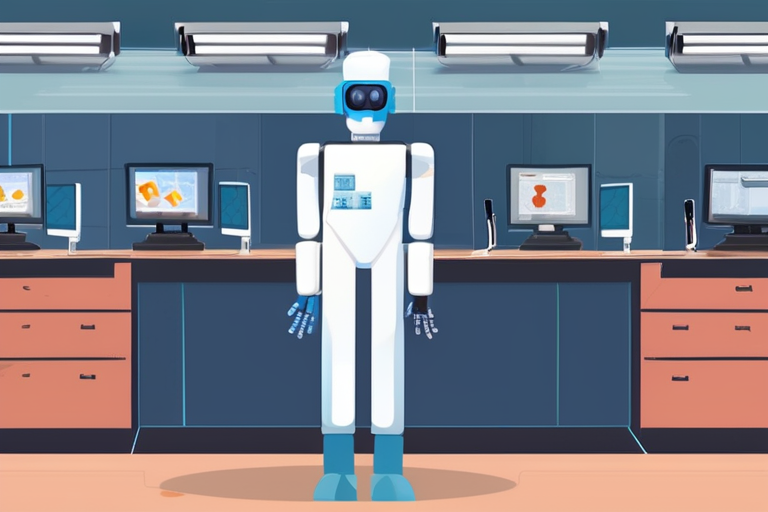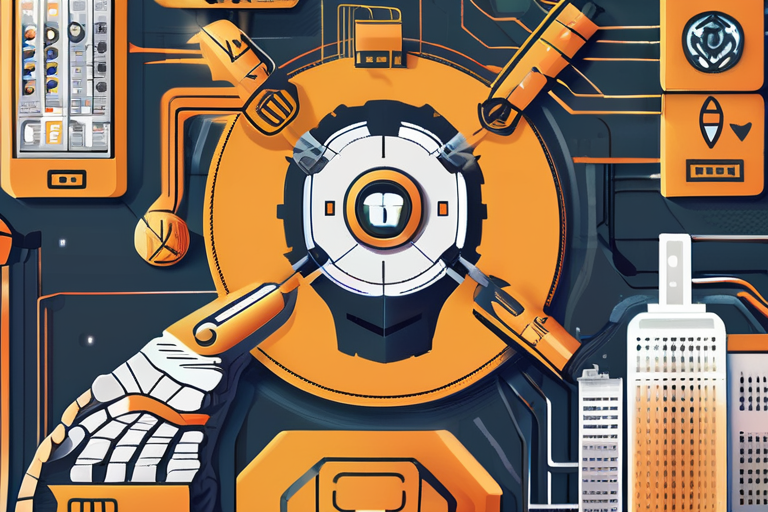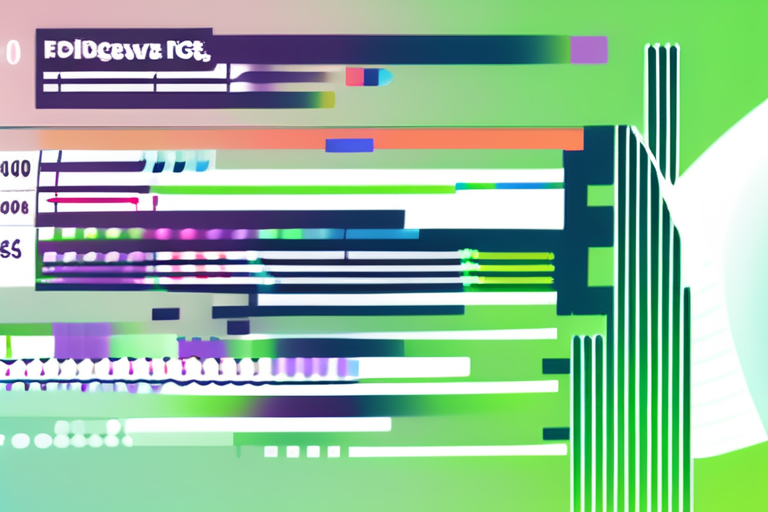In a move that signals a significant shift in the cybersecurity landscape, Cisco has sounded the alarm on the growing threat posed by AI and quantum technologies. The company's warning comes as the global cybersecurity market is projected to reach $346 billion by 2026, up from $137 billion in 2020, according to a report by MarketsandMarkets.
The financial stakes are high, with the average cost of a data breach reaching $3.86 million in 2022, up 2.5% from the previous year, according to a study by IBM. Moreover, the number of cyberattacks has increased by 50% over the past year, with AI-powered attacks accounting for a significant portion of these incidents.
The rise of AI-powered attacks has left cybersecurity professionals scrambling to keep pace. A recent survey by Cybersecurity Ventures found that 70% of organizations have experienced an AI-powered attack, with 40% reporting a significant increase in these types of incidents over the past year. The threat is not just limited to large enterprises, with 60% of small and medium-sized businesses (SMBs) also reporting an increase in AI-powered attacks.
The impact of AI on the cybersecurity landscape is multifaceted. On one hand, AI-powered tools have made it easier for cybersecurity professionals to detect and respond to threats. However, on the other hand, AI-powered attacks have become increasingly sophisticated, making it difficult for defenders to keep up. The use of generative AI to create social engineering attacks at scale has become a particular concern, with tens of thousands of tailored phishing emails being churned out in seconds.
The threat posed by quantum computing is equally concerning. Quantum algorithms have the potential to seriously undermine current encryption standards if developed unchecked. Quantum computers can solve the mathematical problems underlying most modern cryptography, particularly public-key systems like RSA and Elliptic Curve, which are widely used for secure online communication.
Cisco has been at the forefront of the cybersecurity industry for decades, providing a range of solutions to help organizations protect themselves against cyber threats. The company's portfolio includes a range of products and services, including its Next-Generation Firewall (NGFW) and Advanced Malware Protection (AMP) solutions.
Looking ahead, the future of cybersecurity will be shaped by the intersection of AI and quantum technologies. As AI-powered attacks continue to evolve, cybersecurity professionals will need to develop new strategies to stay ahead of the threat. Quantum computing will also play a significant role, with the potential to both undermine and strengthen current encryption standards.
In response to these challenges, Cisco has been investing heavily in research and development, with a focus on developing new AI-powered solutions to help organizations detect and respond to threats. The company has also been working closely with industry partners to develop new standards and protocols for secure communication in a quantum world.
As the cybersecurity landscape continues to evolve, one thing is clear: the stakes are high, and the need for innovation is greater than ever. With the global cybersecurity market projected to reach $346 billion by 2026, the opportunities for growth and investment are vast. However, the threat posed by AI and quantum technologies will require a coordinated effort from industry leaders, policymakers, and cybersecurity professionals to mitigate.



























Share & Engage Share
Share this article